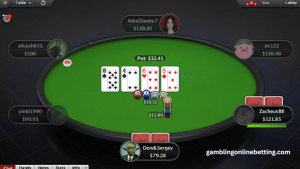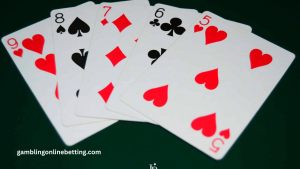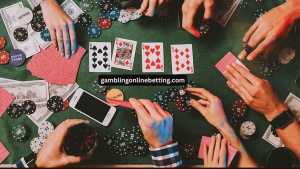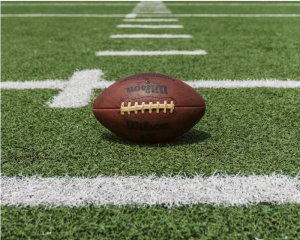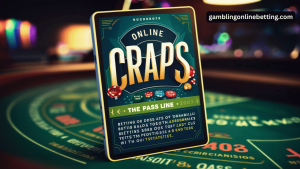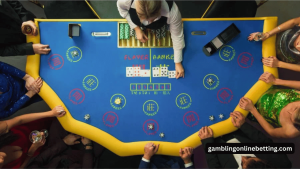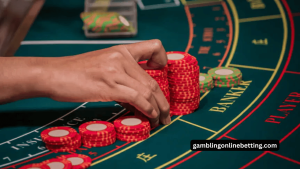How does the brain work when playing poker?
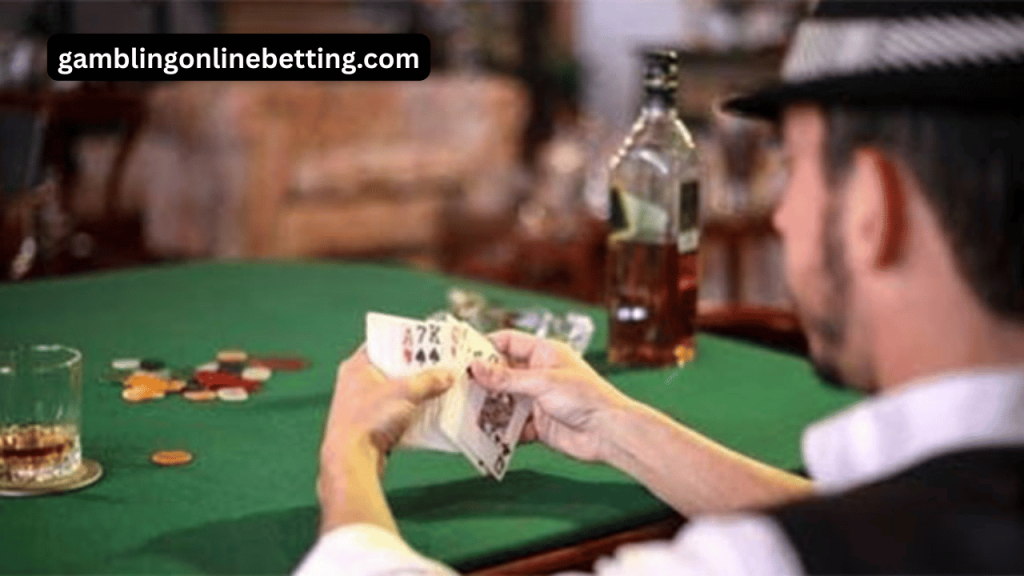
Introduction
Poker is much more than a card game of luck and chance — it’s a sophisticated mental battle involving decision-making, risk analysis, emotional control, and memory. Every time you sit down at the poker table, whether online or in a casino, your brain is juggling countless cognitive and emotional processes.
But have you ever wondered exactly how the brain works when playing poker? Which parts of your brain are engaged when you decide to call, fold, or bluff? How do experienced players stay calm under pressure while beginners often let emotions take over?
This guide dives deep into the psychology of poker, explaining how the brain operates during gameplay and why poker is considered one of the most mentally demanding games in the world.
The Cognitive Science Behind Poker
Playing poker activates multiple areas of the brain simultaneously. From logic and strategy to emotional regulation and risk evaluation, your brain juggles many functions as you face each hand.
Key Brain Functions at Play in Poker
Let’s break down the primary brain regions involved in poker and how they affect your gameplay.
Prefrontal Cortex: Decision-Making and Strategic Planning
The prefrontal cortex, often referred to as the brain’s executive center, is responsible for higher-level reasoning, planning, and problem-solving.
Functions in poker:
-
Calculating odds and probabilities
-
Developing long-term strategies
-
Predicting opponents’ moves
-
Managing risk vs. reward decisions
When a player decides whether to raise, call, fold, or bluff, the prefrontal cortex helps weigh the outcomes and make rational decisions. Seasoned poker players often display stronger activity in this brain region, reflecting better strategic thinking under pressure.
Amygdala: Emotional Regulation
The amygdala is the part of your brain that processes emotions like fear, anxiety, excitement, and stress.
Functions in poker:
-
Controlling impulsive reactions
-
Managing the psychological effects of losing or bad beats
-
Avoiding emotional decision-making (going on tilt)
Great players train themselves to minimize amygdala-driven reactions. Emotional control is essential in poker, as letting emotions guide your moves often leads to mistakes.
Hippocampus: Memory and Pattern Recognition
The hippocampus manages memory formation and retrieval, which is critical in poker.
Functions in poker:
-
Remembering previous hands and opponents’ betting patterns
-
Recognizing familiar game situations
-
Learning from past outcomes
Being able to recall how opponents reacted in similar situations or remember subtle tells can give players a distinct advantage.
Anterior Cingulate Cortex: Conflict Detection
The anterior cingulate cortex (ACC) plays a crucial role in monitoring conflict and managing decision uncertainty.
Functions in poker:
-
Detecting internal decision conflicts (should I fold or call?)
-
Monitoring risky or conflicting outcomes
-
Managing cognitive dissonance when decisions are tough
Professional players often display heightened ACC activity, helping them resolve mental conflicts efficiently during crucial decisions.
Dopamine System: Reward and Risk Processing
Dopamine is the brain’s feel-good neurotransmitter. Winning a hand, successfully bluffing, or hitting a big pot triggers a dopamine release.
Functions in poker:
-
Reinforcing successful strategies and behavior
-
Creating motivation and enjoyment during play
-
Risk-taking behavior regulation
However, excessive dopamine spikes can lead to overconfidence and risky behavior. Learning to manage these highs is essential for long-term success.
The Mental Skills Poker Develops
Poker isn’t just about cards — it sharpens a wide range of cognitive skills:
-
Analytical thinking
-
Probability and risk management
-
Emotional resilience
-
Pattern recognition
-
Patience and discipline
-
Decision-making under pressure
Over time, players develop mental toughness that can benefit other areas of life, from business negotiations to competitive sports.
How Professional Players Train Their Brains
Elite poker players use various techniques to optimize brain function and improve their game:
-
Meditation and mindfulness to manage stress and stay emotionally balanced
-
Memory training exercises for pattern recognition and hand recall
-
Mathematical problem-solving to sharpen odds calculation
-
Simulation tools and apps for strategic practice
-
Regular physical exercise to enhance overall cognitive performance
Scientific Studies on Poker and Brain Activity
Several studies confirm that playing poker regularly improves cognitive abilities. A 2012 study published in Frontiers in Psychology revealed that experienced poker players showed higher activity in areas related to decision-making and risk evaluation than casual players.
Another research project found that poker players who practiced mindfulness displayed reduced emotional reactivity and improved performance in high-pressure situations.
FAQs on How the Brain Works When Playing Poker
Q1: Is poker good for your brain?
A: Yes, poker improves analytical thinking, emotional regulation, risk management, and decision-making skills. It also sharpens memory and pattern recognition over time.
Q2: What brain chemicals are released while playing poker?
A: Poker triggers the release of dopamine (reward chemical) when you win or bluff successfully and cortisol (stress hormone) in high-pressure situations.
Q3: Can playing poker make you smarter?
A: Regular poker play can enhance cognitive skills such as probability analysis, emotional control, memory, and strategic decision-making, contributing to overall mental sharpness.
Q4: Why do emotions affect poker decisions?
A: The amygdala, responsible for emotional responses, can override logical reasoning during moments of stress, leading to impulsive decisions (known as going on tilt).
Q5: How do professional poker players control their emotions?
A: Through mindfulness, meditation, mental conditioning, and experience, pros learn to regulate their amygdala-driven responses, staying calm and rational under pressure.
🏁 Conclusion: Poker Is a Brain Sport
In short, poker is a complex mental sport that challenges multiple cognitive and emotional processes at once. From managing emotions and evaluating risks to recalling patterns and making high-stakes decisions, every poker hand exercises your brain in unique ways.
Understanding how your brain works while playing poker can help you:
-
Play smarter
-
Stay emotionally balanced
-
Improve strategic decision-making
-
Avoid costly mistakes driven by impulse
So, next time you pick up your cards, remember — it’s not just a game of luck; it’s a battle of brains.

